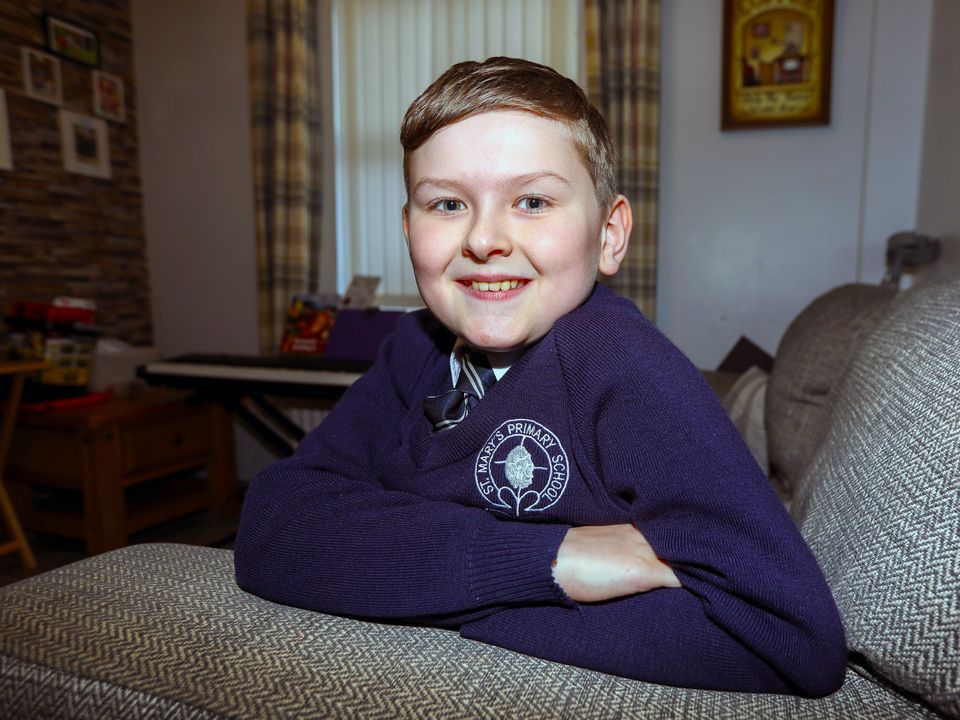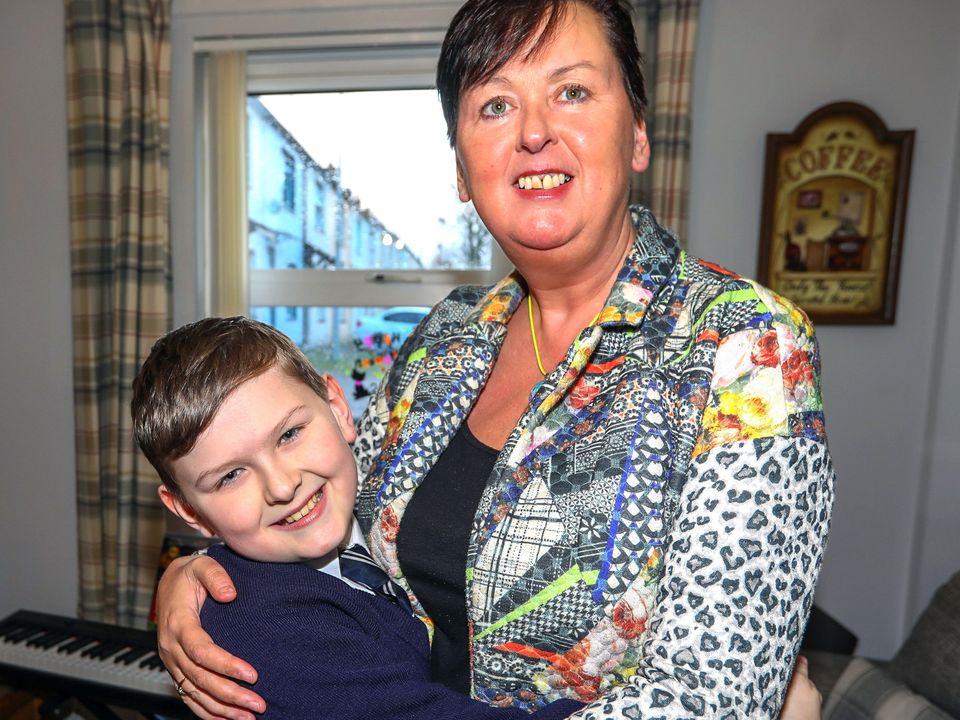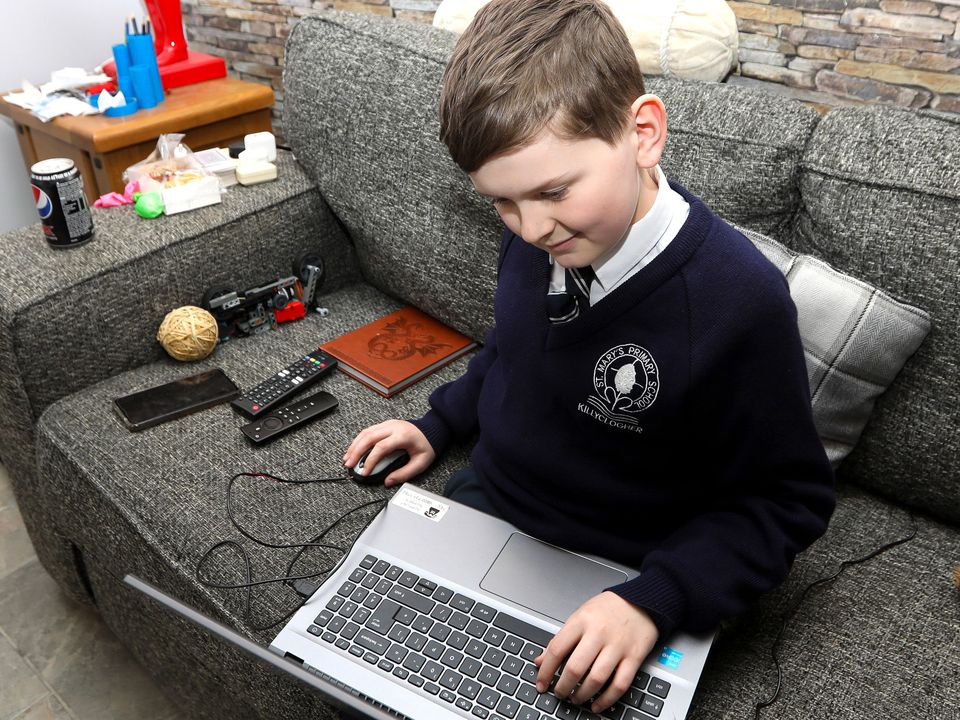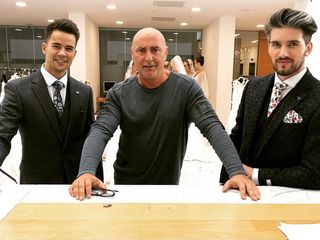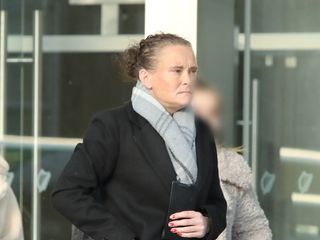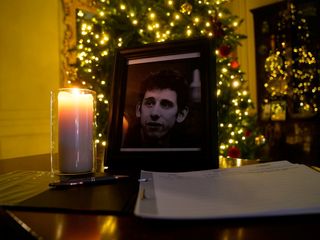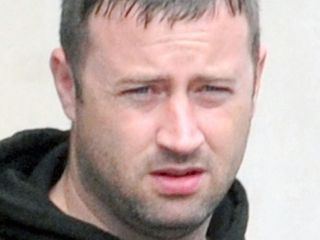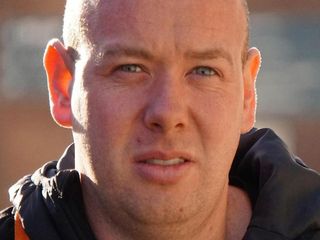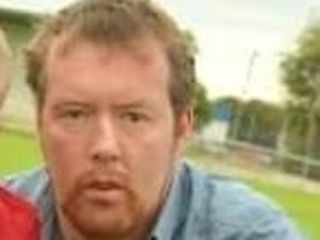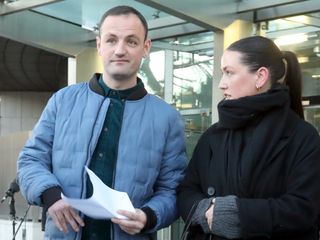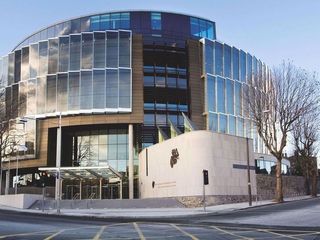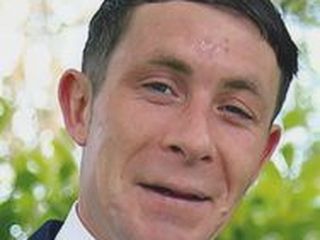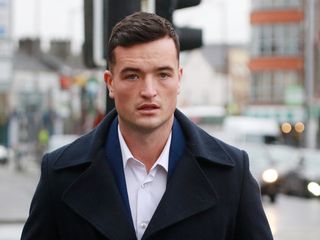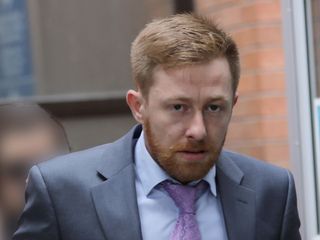‘My autistic son tried to take his life aged 7 and I still had to fight for diagnosis’
Mum lays bare stresses of campaign, but says her boy is now thriving at school
A mum who battled for five years to get her son an autism diagnosis after he tried to kill himself aged just seven says kids are being let down by education authorities.
Callum Brannigan tried to take his own life of frustration and anxiety while struggling with autism.
But even after that horrifying incident, mum Fiona Mulhern still had to fight for another two years to get him a diagnosis and the help he needs.
Her bright 11-year-old has been transformed from a suicidal child who lashed out in fear to a confident maths-mad boy who recently took part in the Bright Futures project with Armagh Observatory.
For the self-employed mother of five, it took years of dogged determination, a threat of legal action, help from her MP and a private diagnosis, which was rejected, to get Callum.
She says the bodies that assessed her son lost sight of the fact that autistic children find it difficult to cope with change, and possibly added to his anxiety.
Callum having a cuddle with mum Fiona Mulhern
Read more
Fiona found it hard to believe that a seven-year-old trying to kill himself didn’t speed up the process of diagnosis.
“With earlier intervention these things might not have happened,” she says.
“When Callum tried to kill himself, he knew what he was doing. He said he was trying to make himself dead.
“He was saying he wanted to die, and it wasn’t because he was mentally ill. He was having suicidal thoughts because he couldn’t cope with the way he was feeling.”
During the five years from 2016 it took for her to get the diagnosis, he was seen by an educational psychologist, CAMHS, the Child and Adolescent Mental Health Services, Rise, the Regional Integrated Support for Education and ASD, the Autism Spectrum Disorder service.
At one stage he was discharged by CAMHS because he’d been taken on by RISE, but no one told Fiona.
Callum hard at work
She says he was a happy baby, but by the time he reached nursery and then P1, it was becoming clear that Callum needed help.
“He was lying down outside the classroom, he wouldn’t participate in activities, he fell asleep on the floor. He had a lack of concentration, outbursts, struggled to regulate his emotions and needed constant reassurance,” says the 51-year-old.
“In October 2017, the school referred him to RISE with all their concerns, and I had been to the doctors and I followed all the procedures I could.
“In June 2018, I had to take him into the doctors again because of severe behavioural difficulties at home and in school.
“He was hitting, lashing out, exhibiting solitary behaviour, crawling under the table into the foetal position, showing perfectionist traits where he would destroy work if he made a mistake, and echolalia, where he would repeat stuff. We didn’t know what was going on.”
That led to a CAMHS and educational psychologist referral and Callum was placed on the ASD service waiting list.
By P2, he was becoming even more desperate and lashing out in frustration, and he tried to choke another child.
“The school were trying their best with him. He’d throw objects and shout at his peers. These children aren’t being bad, they’re just struggling to cope. Then in November 2019 he tried to hang himself in his playgroup. He was seven. It was awful, especially when we had tried to get him seen for so long.
“If he’d had earlier intervention, this might not have happened.”
Callum continued to be bounced around the various bodies until the ASD service came back to Fiona in October 2020 and said her son wasn’t autistic.
“After all that they said, there was no diagnosis. I cried down the phone. It wasn’t that I wanted him diagnosed with autism.
“We knew something was there, me, the school, the playgroup, and we couldn’t pinpoint it and get him the help he needed.”
Fiona took Callum to a private clinic in January 2021 which said he is on the autistic spectrum and has ADHD, but that finding wasn’t accepted by the ASD service, which put him on a ‘watch list’.
When she asked her local MP Órfhlaith Begley for assistance and threatened to sue the Education Authority for negligence, she finally got an official diagnosis for Callum.
That led her to the Middletown Centre for Autism which provided Callum with coping strategies and his primary school with information about how best to help him.
Fiona is delighted that her son now has a classroom assistant and is a much happier child, but says the professionals who deal with kids like Callum should look at the service from the child’s point of view.
“Children with autism don’t like change and then they have to deal with all these people,” she adds.
“I’m not saying people aren’t doing their job right, but there are too many people involved.
“There are too many agencies and too much red tape. You should see the file I have and the assessments I’ve had to fill in and the school has had to fill in.
“And even with all these people involved, when it comes to the parent and child there is no help at home,” she says.
Taking part in the Bright Futures project also boosted the schoolboy’s confidence.
“He went from not being able to talk to people to being able to talk in front of a group,” says Fiona.
She says the system for diagnosing children like her son needs to be overhauled.
“I think we’re lucky that Callum is still here,” says Fiona.
If you have been affected by the issues raised in this article, contact the Samaritans on 116 123; Pieta House on 1800 247 247 or text HELLO to 50808, a free 24/7 text support service for people going through a mental health or emotional crisis.

